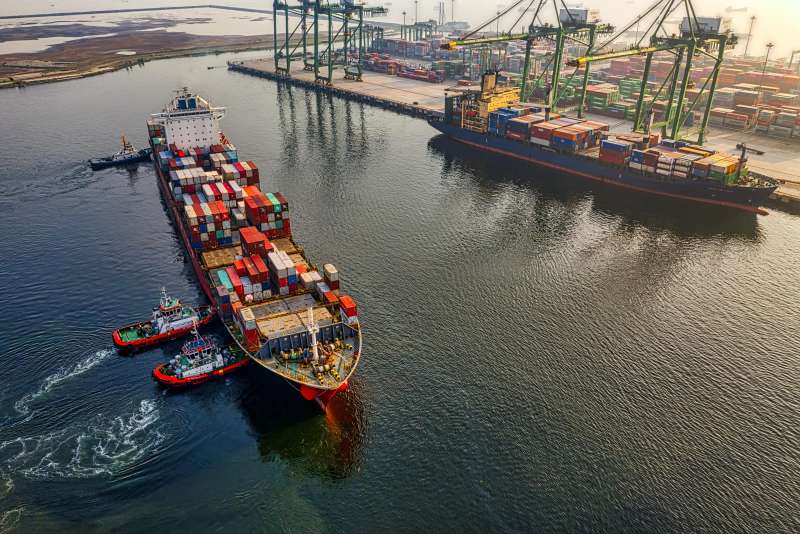China Intensifies Trade Conflict with Tariff Retaliation Against U.S.
Published on: April 27, 2025
On April 20, 2025, China announced a new round of tariffs on American goods, in direct response to a recent increase in U.S. trade tariffs. This move has significantly escalated the ongoing trade war between the two largest economies in the world, raising concerns over long-term economic repercussions and global market instability.
Background of the Trade Conflict
The trade tensions between the United States and China have persisted for over a decade, originating from disagreements on trade imbalances, intellectual property rights, and unfair trade practices. Since 2018, both countries have imposed multiple rounds of tariffs on each other's goods, severely impacting bilateral trade flows and global supply chains.
Details of the Latest Tariff Announcements
The U.S. recently imposed new tariffs up to 145% on a broad spectrum of Chinese imports. In response, China’s State Council Tariff Commission announced retaliatory tariffs ranging between 15% and 125% on key U.S. exports, including agricultural products, semiconductors, and machinery components. The new measures are scheduled to take effect on May 1, 2025.
Market Reaction
Global markets responded swiftly. The Dow Jones Industrial Average dropped by 2.3%, while the Shanghai Composite Index fell 3.1%. Commodities such as soybeans and copper also saw declines amid fears of reduced trade volumes and disrupted supply chains. The yield on U.S. Treasury bonds declined, signaling a flight to safety among investors.
Economic Implications
The trade war threatens to slow economic growth in both countries. American farmers and manufacturers face reduced access to the lucrative Chinese market, while Chinese consumers and industries may experience price increases and supply shortages. Analysts predict that the continued trade tension could shave up to 0.3% off global GDP growth in 2025.
Geopolitical Consequences
Beyond economics, the tariff exchanges have geopolitical ramifications. The move is seen by many as a demonstration of hardening diplomatic stances. Countries aligned with either the U.S. or China may be drawn deeper into the conflict, potentially destabilizing broader international relations.
Expert Commentary
Dr. Linda Zhang, an economist at the Asia-Pacific Trade Institute, notes, “This round of retaliation underscores the fragility of international trade systems. Unless both sides return to the negotiation table, long-term damage is almost certain.” Similarly, U.S. trade expert Mark Davidson suggests that these actions could “redefine how multinational corporations approach global supply chains.”
Calls for Negotiation
Amid the fallout, international organizations like the World Trade Organization (WTO) and International Monetary Fund (IMF) have urged restraint and dialogue. European Union officials have also offered to mediate, although skepticism remains regarding the likelihood of successful intervention.
The latest development in the U.S.-China trade war represents not just a tit-for-tat economic maneuver, but a significant moment with global implications. As retaliatory tariffs take effect and markets adjust, the world watches closely, hoping for resolution before further escalation undermines fragile economic recoveries.










